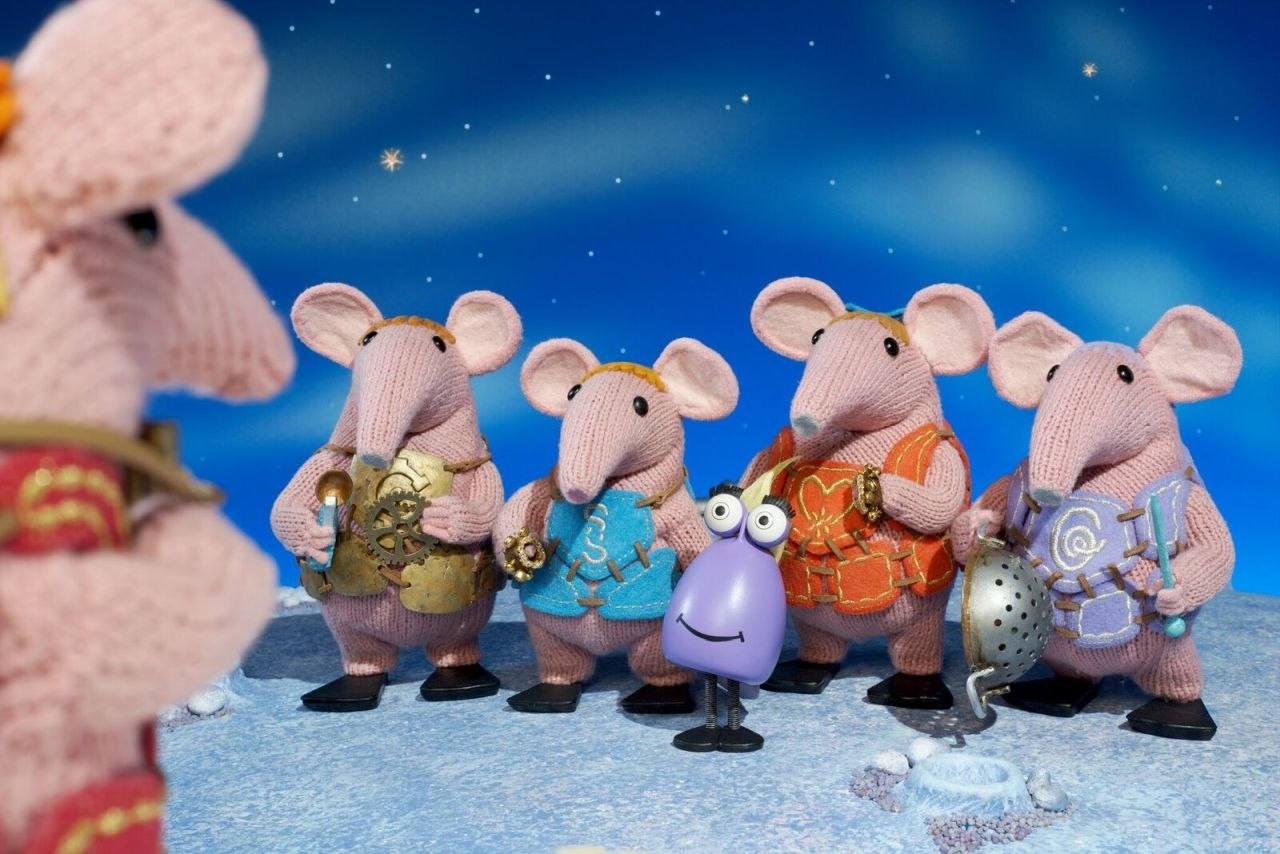In the ever-evolving landscape of the television and streaming industries, not all tales have fairy-tale endings. Factory Transmedia, a venerable British media company known for its creative prowess in animation, has filed for bankruptcy and is in the process of liquidating its assets.
This stark reversal of fortune underscores the volatile nature of the entertainment sector, particularly in the age of streaming wars, where even the most celebrated shows cannot always secure a company’s financial future.

The Boom and Bust of the Streaming Economy
At the beginning of the 2020s, the streaming sector experienced a surge that had never been seen before. Giants such as Disney+, Apple TV+, and Peacock, which is owned by Comcast, have put a lot of money into content and are engaged in a tough competition for subscribers.
During this golden era, fans were treated to a feast, as new high-budget Marvel and Star Wars episodes appeared on Disney’s platform on an almost monthly basis. This period of extravagant spending, on the other hand, was not constructed on a basis that was economically sustainable.
‘The Tiny Chef Show’ stop-motion studio Factory Transmedia declares bankruptcy. The company said its closure was due to a lack of greenlights from broadcasters and a change in audience behaviors.https://t.co/Ysy9CX7Jjm
— cartoonbrew.com – Animation News (@cartoonbrew) April 13, 2024
“Companies were spending more money than they were bringing in, and that was not a sustainable model,” reflects the industry’s frenzied investment phase. As the pandemic struck, it became evident that the bubble would soon burst.
High-profile casualties like Quibi, which raised an astonishing $1.75 billion only to shut down within months, marked the beginning of a significant contraction in the industry.
Factory Transmedia’s Precipitous Decline
Factory Transmedia’s story mirrors the larger industry trend but adds a layer of irony, given its recent accolades. Despite winning a 2024 Emmy for “The Tiny Chef Show” on Nickelodeon Jr. and receiving a nomination for its animated series “Slumberkins,” the company could not withstand the economic pressures.

“Over the last 12 months, the number of projects being green-lit by broadcasters around the world has been severely cut as the global economy and audience behaviors have changed markedly; these challenging market conditions were a significant factor in the insolvency of the business,” stated Factory Transmedia.
This decline came despite the company’s long-standing presence in the UK animation scene and significant contributions to beloved shows like “The Clangers.”
The End of an Era and What It Means for the Industry
Factory Transmedia’s closure is more than just a corporate failure; it’s a significant blow to the Greater Manchester area’s creative industry.
The company, which opened a new studio facility as recently as 2017 and once employed over 100 people, is now a shadow of its former self. The auction of its assets, including unique puppets from the satirical Newzoids series, marks a grim end to what was once a flourishing enterprise.

This unfortunate demise serves as a cautionary tale for the entertainment industry. It highlights the need for sustainable business models that balance creative ambitions with economic realities.
As streaming platforms reassess their strategies in a post-pandemic world, the story of Factory Transmedia may prompt a more cautious approach to green-lighting projects.
The liquidation process, managed by JPS Chartered Surveyors, is not just a transaction but a pivotal moment of reflection for an industry still grappling with the rapid changes in consumer behavior and technological advancements.
As the dust settles, the rise and fall of Factory Transmedia will undoubtedly be studied as a critical chapter in the saga of the streaming wars—a reminder that in the cutthroat world of entertainment, not every player gets a happy ending.










